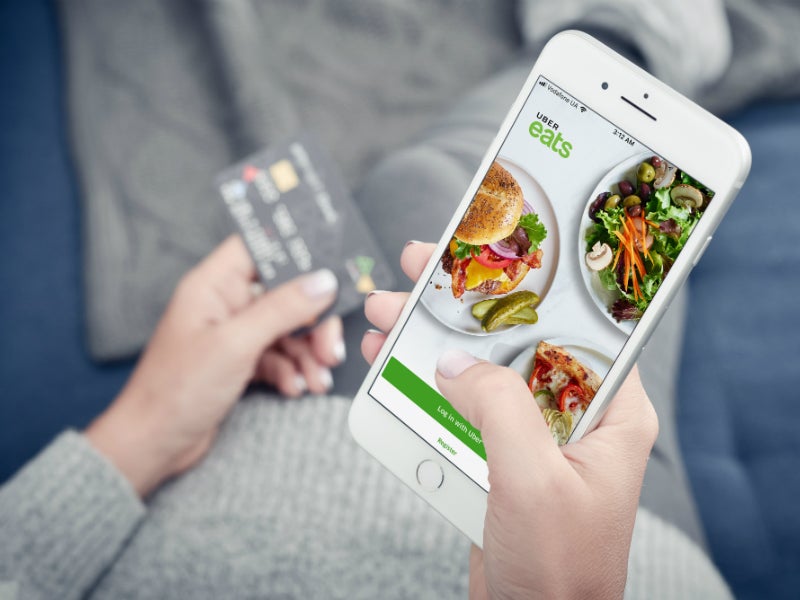Lockdown measures have seen Deliveroo and Uber Eats make a move into grocery deliveries. However, this appears to be a calculated decision rather than a short-term opportunity.
Deliveroo and Uber Eats have embarked on a series of partnerships and acquisitions towards the grocery delivery business, which have untapped potential. Most importantly, expanding to grocery deliveries stands as their best chance to avoid their predicament in the food delivery business.
Plans for tapping into grocery deliveries intensify
Deliveroo had trialled grocery deliveries since 2019, bringing more than 200 independent convenience stores in London to its platform, later adding Co-op stores in London and Manchester.
During the pandemic, it has teamed up with some of the largest supermarkets in the UK (Aldi, M&S, Morrisons), delivering essential food items. Uber Eats followed suit, partnering with ASDA in selected stores in Birmingham and Leeds, as well as with Carrefour in France for delivering groceries in selected areas of Paris.
Uber had also been experimenting with grocery deliveries in some countries before the pandemic. In October 2019, it bought a majority stake in Cornershop, a grocery delivery startup, in a bid to tap into its services in Latin and North America.
In July 2020, Uber Eats integrated Cornershop’s services, currently offering on-demand grocery deliveries in large cities of Brazil, Mexico, Chile, as well as in Toronto, Canada, through a partnership with Walmart. Services also debuted in Miami and Dallas in the US through partnerships with large supermarket chains.

US Tariffs are shifting - will you react or anticipate?
Don’t let policy changes catch you off guard. Stay proactive with real-time data and expert analysis.
By GlobalDataLast month, Uber’s acquisition of Postmates, one of the largest food and grocery delivery apps in the US, was another move towards the grocery delivery business.
Grocery deliveries have an untapped potential
Grocery deliveries can be a lucrative business as the volume and value of bookings can be much larger than that in food deliveries. Their potential is also untapped given that the share of online grocery sales over total sales is much smaller than that of other retail sectors with demand already scaling up due to the pandemic.
Moreover, while restaurant food is discretionary spending for most consumers, demand for groceries is inelastic, with grocery delivery providing higher margins. Additionally, grocery deliveries can be scheduled in advance, also allowing better margins through cost optimisation.
Uber Eats’ fleet of cars, Deliveroo’s logistics and financial support from its new stakeholder Amazon and the proprietary technology of both could fulfil that potential.
Expanding to grocery deliveries as a crucial alternative
Uber and Deliveroo have been making losses despite nearly doubling their revenue every year. This is a result of fierce competition to dominate the market. Undercutting on restaurants’ rates and delivery charges, and overspending in promotions and marketing campaigns, meant providing services at a loss.
However, even without competition, it is doubtful whether food delivery apps would be able to make a profit as margins can only be thin to accommodate current demand. Increasing prices to make a profit would price out a large part of consumers who are not willing to pay more than what they already pay to have food delivered to their door.
Meanwhile, Just Eat Takeaway’s $7.3bn takeover of US-based GrubHub in June appears to be a catalyst for dominating the global market, with Uber Eats and Deliveroo standing to lose.





